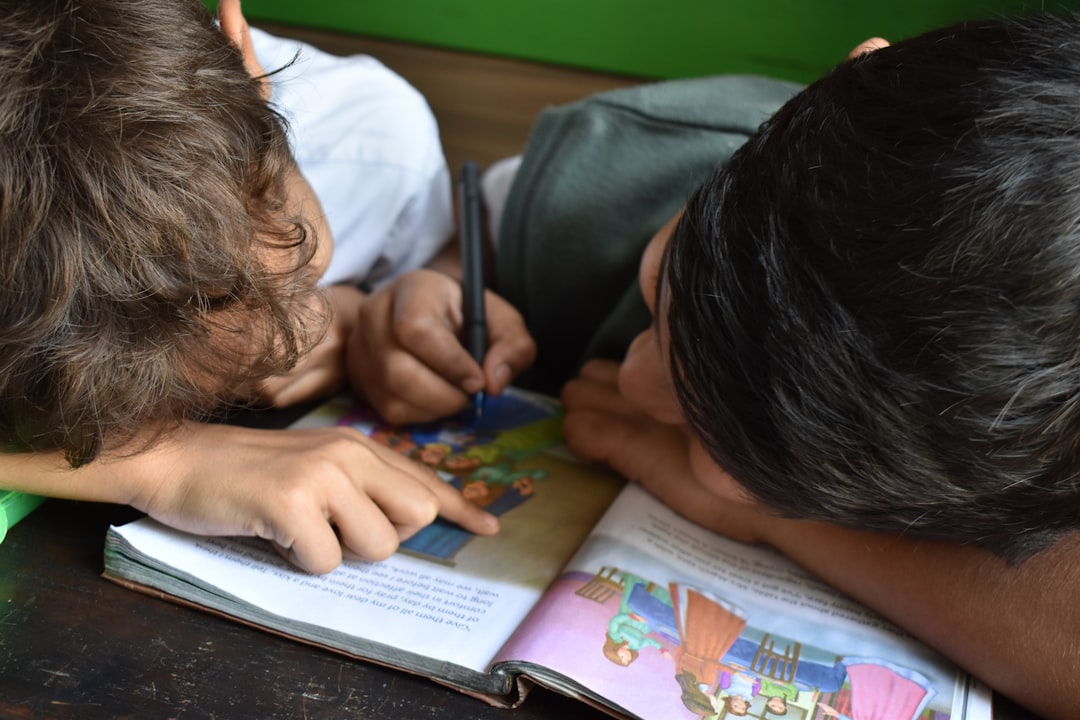What is it about?
This article discusses the needs and possible educational approach to train Speech-Language Pathology (SLP) practitioners to serve and advocate for the growing ethnically diverse geriatric groups in neurorehabilitation in the United States.
Featured Image

Photo by Danie Franco on Unsplash
Why is it important?
As the population ages and becomes more diverse in the United States, rehabilitation practitioners will be working with larger geriatric populations with age-related neurological disabilities, especially minoritized older adults with high vulnerability to stroke and dementia. A Social Determinants of Health (SDOH) educational approach, coproduced by training institutions, underserved communities, and organizational leaders, can be useful to train SLP providers with the technical knowledge and social consciousness to address systemic drivers of health perpetuating disparities in health, care, and outcomes in ethnogeriatric populations in the United States.
Perspectives
Writing this article with an excellent group of scholars and researchers in stroke and dementia in ethnically diverse geriatric populations was an exciting experience to generate an important Health Equity message in Speech-Language Pathology. There is still much more work and literature needed to highlight and remediate inequalities in the care of growing neurorehabilitation populations of vulnerable older adults with disabilities from stroke and dementia in the United States and the world.
Professor Jose G Centeno
Rutgers The State University of New Jersey
Read the Original
This page is a summary of: Focusing Our Attention on Socially Responsive Professional Education to Serve Ethnogeriatric Populations With Neurogenic Communication Disorders in the United States, American Journal of Speech-Language Pathology, July 2023, American Speech-Language-Hearing Association (ASHA),
DOI: 10.1044/2023_ajslp-22-00325.
You can read the full text:
Contributors
The following have contributed to this page










